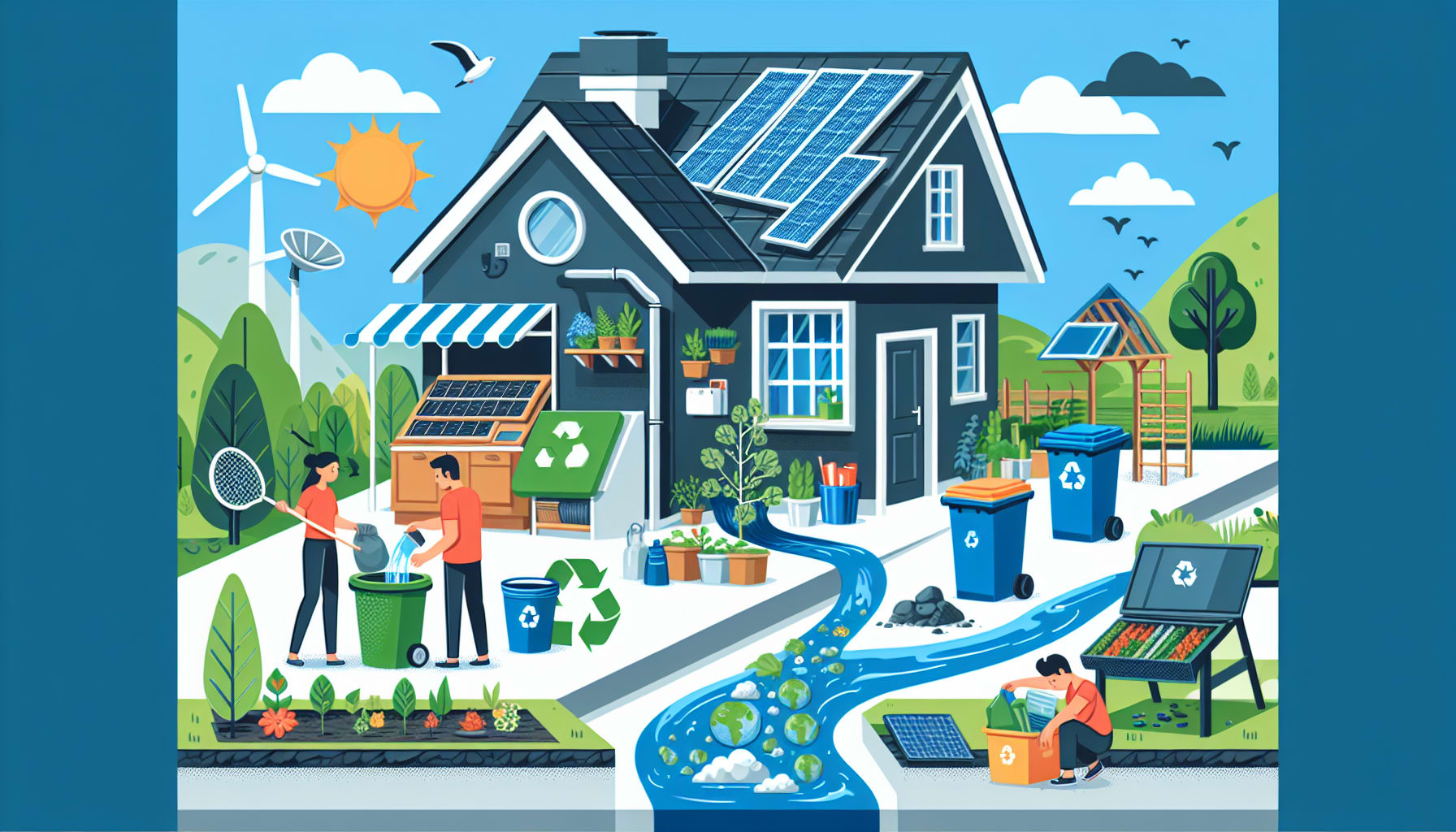Keep it Clean! The river Kent needs you. How “river clean” is your household?

Can the river ecosystem be harmed by phosphates from household cleaning products?...
Excess phosphates make the water nutrient-rich, triggering blooms of harmful algae which reduce oxygen for fish and other aquatic life.
Is it okay to flush things like wet wipes, cotton-buds, or sanitary products down the toilet?
Non-toilet items can block sewage systems and eventually harm rivers. Flushing only pee, poo, and toilet paper keeps plumbing and waterways safe.
Should you pour cooking oils or food waste down the kitchen sink drain?
Oils, fats, and food waste can clog pipes and increase pollution in rivers. Proper disposal helps protect the environment.
Can switching to phosphate-free cleaning and washing products help protect the river?
Using phosphate-free detergents, natural ingredient shampoos, shower gel, bath soaps and cleaning products reduces harmful nutrient loads entering river systems, helping aquatic life thrive.
Does your garden fertiliser run-off contribute to river pollution if applied just before heavy rain?
Fertilisers often contain phosphates, which wash into streams during rain. Applying them responsibly reduces pollution risk.
Why is too much phosphate entering the River Kent a problem?
Excess phosphorus (in phosphates) makes the water nutrient-rich (eutrophication), which allows toxic, nutrient-tolerant plants (like blue-green algae) to grow. This reduces oxygen for other plants and animals, harming the river ecosystem.
Which gardening practices help reduce nutrient runoff and protect rivers?
Collecting rainwater for garden use and choosing peat-free compost helps reduce phosphate and nutrient runoff into rivers. Avoid applying fertilisers before heavy rain, as this can wash nutrients into waterways and contribute to harmful algae growth.
Which of these personal care items (shampoo, sun lotion, face cream, make up) can contribute to river pollution?
Many personal care products contain chemicals that are slow to break down. These accumulate in waterways, affecting water quality and wildlife. Avoid using them before going swimming, paddling, kayaking etc. Or if you have to, use eco-friendly brands.
Why are small changes in household habits important for protecting rivers?
Everyone can take part, and the combined impact is significant.
You got {number correct}/{number of questions} correct answers.
Thank you for participating in the CRKC ‘Household: Keep It Clean!’ Quiz. We hope you’ve gained new insights, by making small changes to our everyday habits, we can significantly reduce the amount of chemicals reaching and harming the special river that we all love.
You got {number correct}/{number of questions} correct answers.
Well done! You have excellent knowledge of how your household can help protect the River Kent. By making small changes to our everyday habits, we can greatly reduce the amount of harmful chemicals reaching and impacting this special river that we all love.